Goal: to reduce mistakes associated with the use of medical devices
A new international programme intends to prevent professionals’ errors
Saving lives through the reduction of mistakes in the use of medical devices. That is the purpose that moved researchers from the High-Assurance Software Laboratory (HASLab) of INESC TEC to participate in an international programme that intends to reduce the number of mistakes associated with the use of equipment such as glucose monitor or hemodialysis machine, improving its safety and resulting performance.
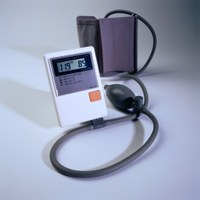
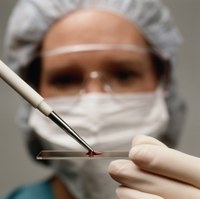
“The biggest focus of this research programme called “Medical Device Interoperability” is to transform the way medical devices are designed, tested, bought and used, reducing the number of medical mistakes and, in a certain way, saving lives”, explained José Creissac and Paolo Masci, HASLab collaborators and participating members of the only Portuguese team to be involved in this programme.

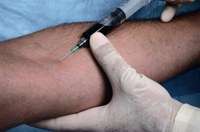
Devices can also fail
Nowadays, both health professionals and patients trust in the quick performance of medical devices at their disposal, such as injection bombs, cardiac monitors and diabetes devices. “It is, therefore, very important that these devices communicate and operate together and in a trustworthy way”, enhance the researchers.
According to the team, mistakes in the ability of a system to interact and communicate with another (also called interoperability mistakes), can originate flaws of communication, preventing a device from reacting properly to an alarm originated by another, for example. On the other hand, the differences between the measure units of each device can create inconsistencies in the performance of several devices.
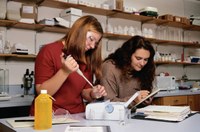

An international collaboration coordinated by FDA
“Medical Device Interoperability” is a research programme coordinated by the Food and Drug Administration (FDA), the North-American agency responsible for controlling food products, drugs and medical devices, that aims at creating rules that can serve as references not only in the United States, but also in Europe, including Portugal. This collaboration also includes hospitals, caretakers, companies and other organisations related with this area.
A study by FDA carried between 2012 and 2015, also with the collaboration of INESC TEC, analysed 7.700 orders to withdraw devices and concluded that 12% of those orders where thanks to software problems, many of which detected through the interaction between professionals and equipment. In 2% of the cases, those devices could still lead professionals to take wrong decisions that would put at risk patient’s lives.
FDA is a federal agency of the United States Department of Health and Human Services, responsible for protecting and promoting public health through the monitoring and supervision of food safety, tobacco, dietary supplements, medication, vaccines, medical devices, cosmetics and veterinary products.
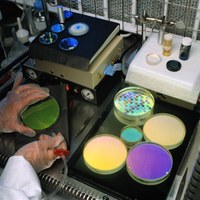
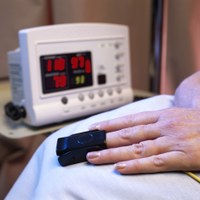
Improving efficiency in health care
One of the main concerns of this programme is to assure that not only the development, but also the manufacturing of these equipment is followed by information about characteristics, performance and functioning, so that professionals can use them safely.
Together with other ongoing processes, the data of this collaboration with the FDA will serve as basis for other partnerships in Europe, which will recognise consensual patterns that can allow universal models to improve health care.
The researchers mentioned in this news piece are associated with INESC TEC and UMinho.


